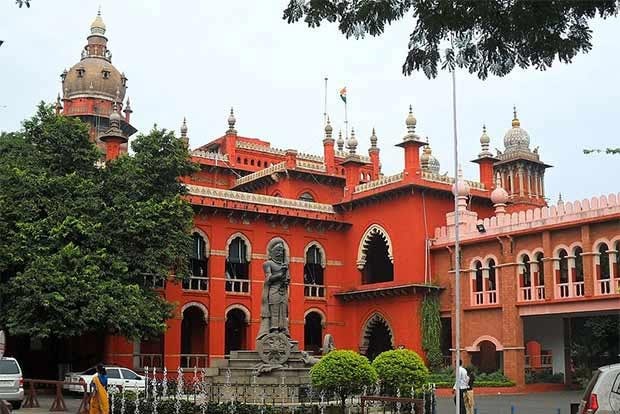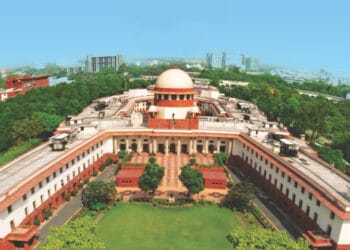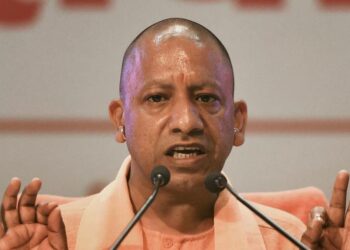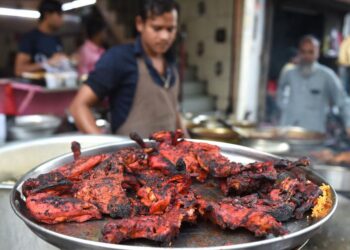The Madras High Court has ruled that a person cannot claim an ‘inter-caste marriage’ certificate under the guise of his community certificate if he originally belonged to one caste but afterwards converted to another faith and acquired a separate community certificate. According to Justice S.M. Subramaniam, conversion does not change a person’s caste, and this fact cannot be ignored in order to award an inter-caste marriage certificate based on his present community certificate.
In the present case, the petitioner was born into the Adi-Dravidar community and married into the Hindu Arunthathiyar group, both of which are Scheduled Castes. Because of his eventual conversion to Christianity, the petitioner was later issued a ‘Backward Class’ Certificate.
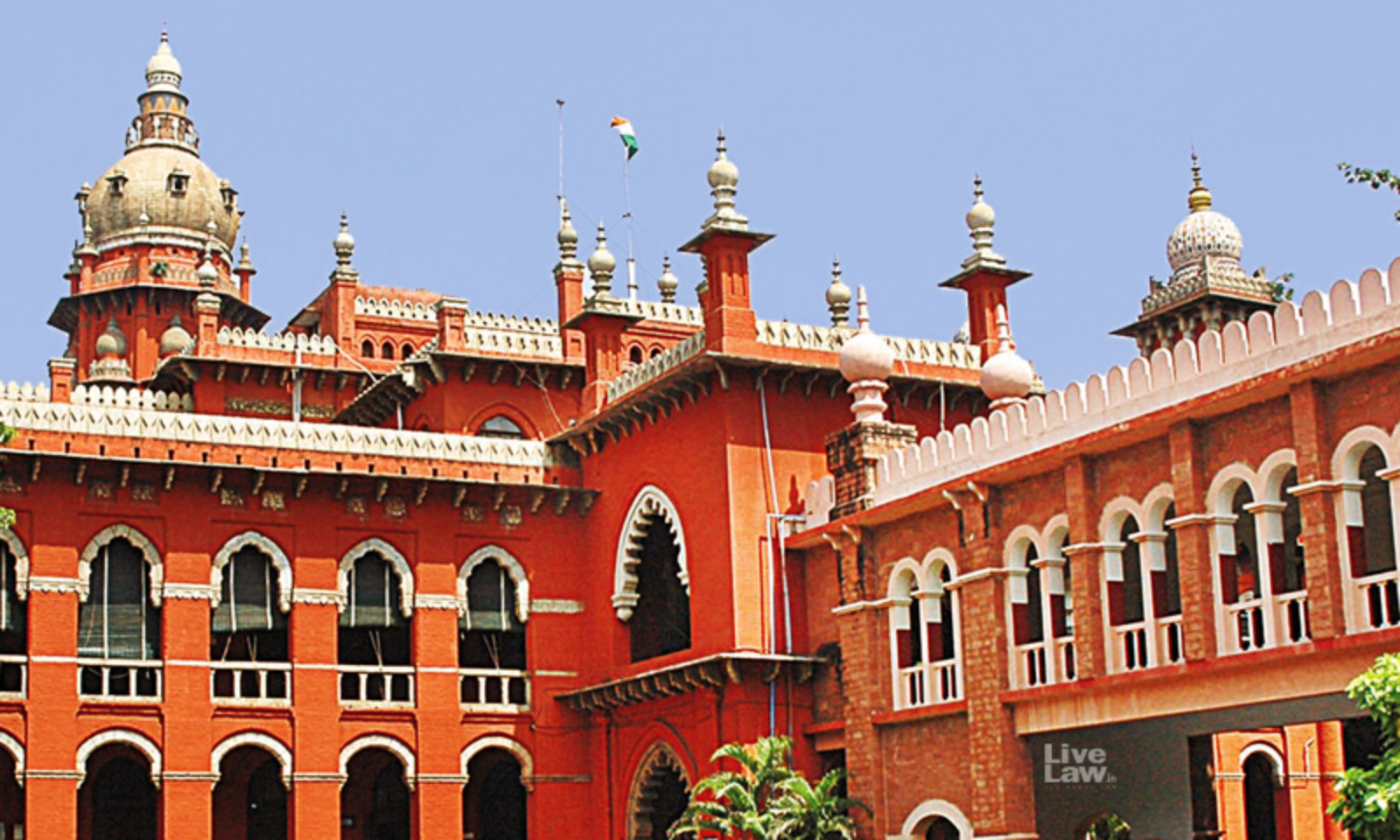
The petition was filed for the issuance of a writ of mandamus, requesting that the authorities issue an inter-caste marriage certificate, citing that he had been issued a community certificate for ‘backward class’ and that his spouse belonged to the Scheduled Caste, making the petitioner eligible for benefits such as priority in public employments.
To prevent exploitation of welfare schemes provided by inter-caste marriage certificates, the court stated that they should only be issued if “one of the couples belongs to the Scheduled Caste and the other spouse belongs to the other caste, but not otherwise.”
Advocate P. Saravanan, for the petitioner, used G.O. Ms.No.188 dated 28.12.1976 to contend that where one of the spouses is from the Scheduled Castes, an inter-caste marriage certificate must be provided.

- Jayaprakash, a government lawyer, said that the government had clarified inter-caste weddings via letter No.235, Social Welfare Department, dated 21.07.1997, which refuted the petitioner’s assertions. The said clarification, according to the council, indicates that conversion and the resulting community certificate do not need an inter-caste marriage certificate. Advocate C. Jayaprakash further cited the Revenue Inspector Mettur’s inquiry report, which said that both the petitioner and his wife are members of the Scheduled Caste and so ineligible for the required certificate.
The court cited the Supreme Court’s decision in Soosai Etc v. Union of India & Others, 1986 AIR 733, which stated that Scheduled Castes are defined in Clause 24 of Article 366 of the Constitution as those cases covered by Article 341 of the Constitution. A key passage from the verdict is also reproduced from the High Court judgement, which states that the caste system is a component of Hindu social structure that is unique to Hindu society. According to the court, such vocation-based demarcation ultimately evolved into a structural hierarchy, and then stratification that established an individual’s standing based on birth.
The court then relies on the Andhra Pradesh High Court’s decision in M.A.Salam Vs. Principal Secretary to the Government of Andhra Pradesh (2003) to establish that inter-caste marriage certificates are intended to alleviate the same social stigma that an offspring faces, similar to the stigma that either of the parents may have experienced as a result of one of them being from a lower caste.
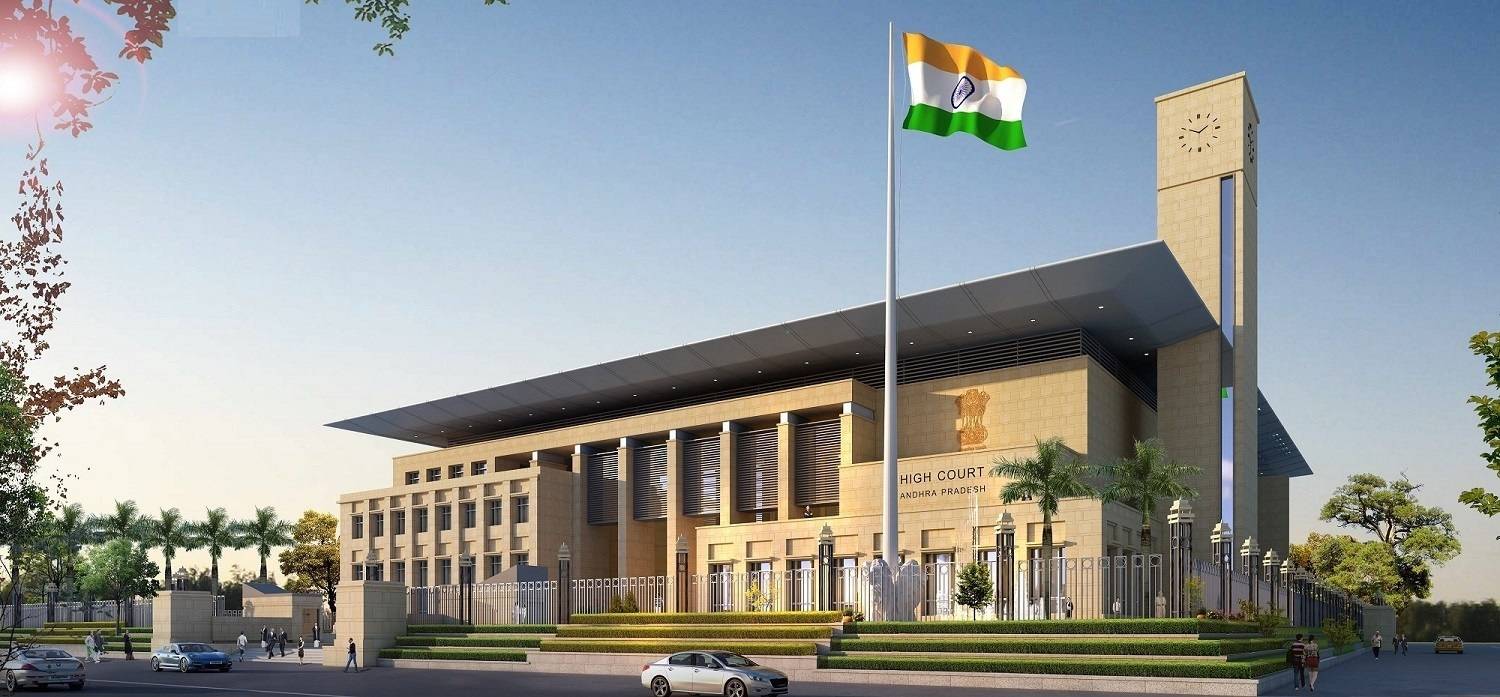
The court in M.A Salam gives an example to further illustrate the notion. If a Brahmin and a Scheduled Tribe marry and the couple’s offspring are accepted, and the offspring grows up in the Brahmin community, the offspring cannot claim Scheduled Tribes’ reservation because there was no stigma associated with him/her/them when they were growing up. The reservation can be obtained if the situation is reversed and the descendants are raised as members of the Scheduled Tribes Community.
The respondent authorities’ lawyer, C. Jayaprakash, also claimed that the Tamil Nadu government’s Social Welfare Department had issued another order determining the forms of inter-caste marriages. According to the most recent order, one of the couples must be a member of the SC/ST community, while the other spouse might be from any community. While this is the first occurrence, circumstances where one of the spouses belongs to the Backward Class/Most Backward Class and the other spouse belongs to the Forward Community or any other community are also eligible for inter-caste marriage certificates.
Also Read: Parent’s battle for their lost child


